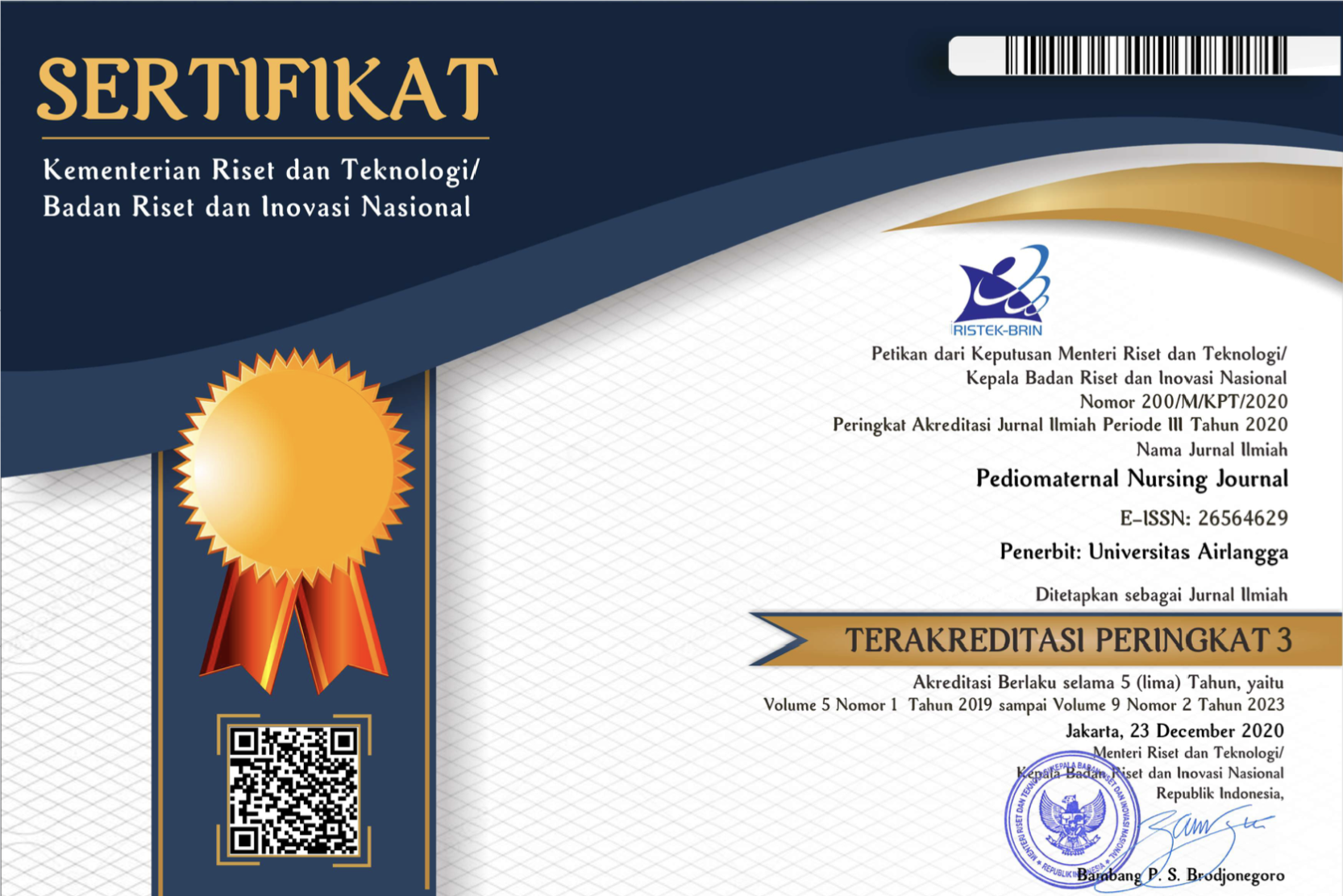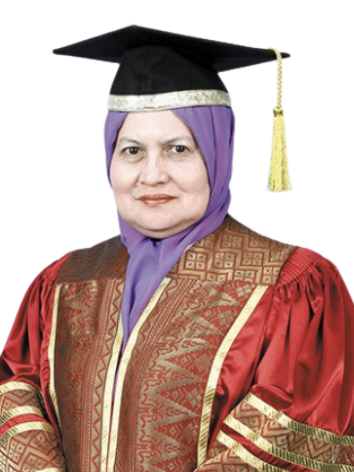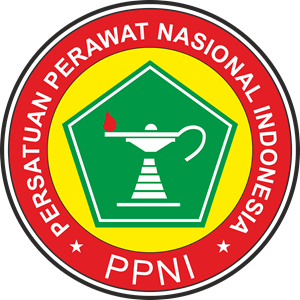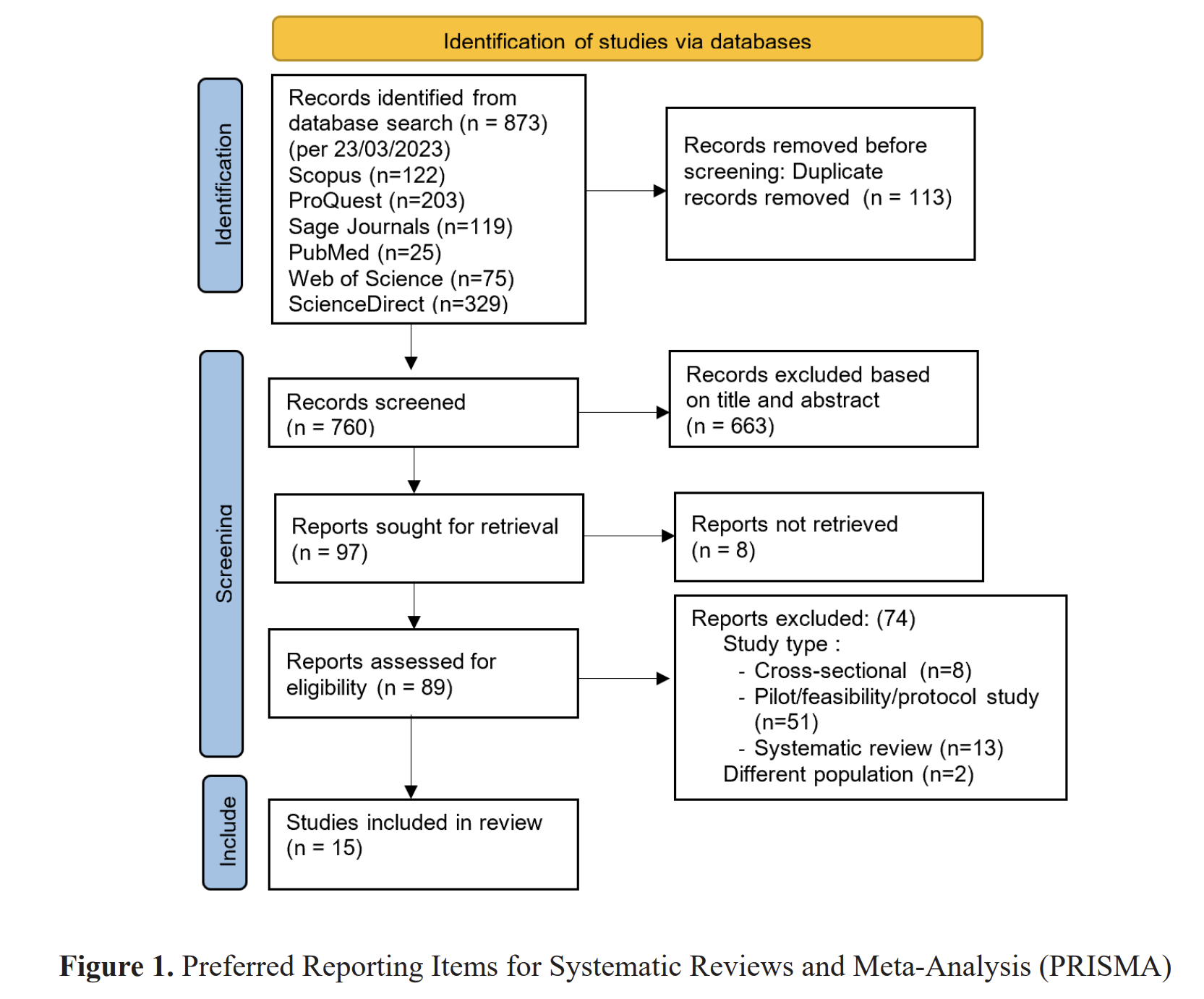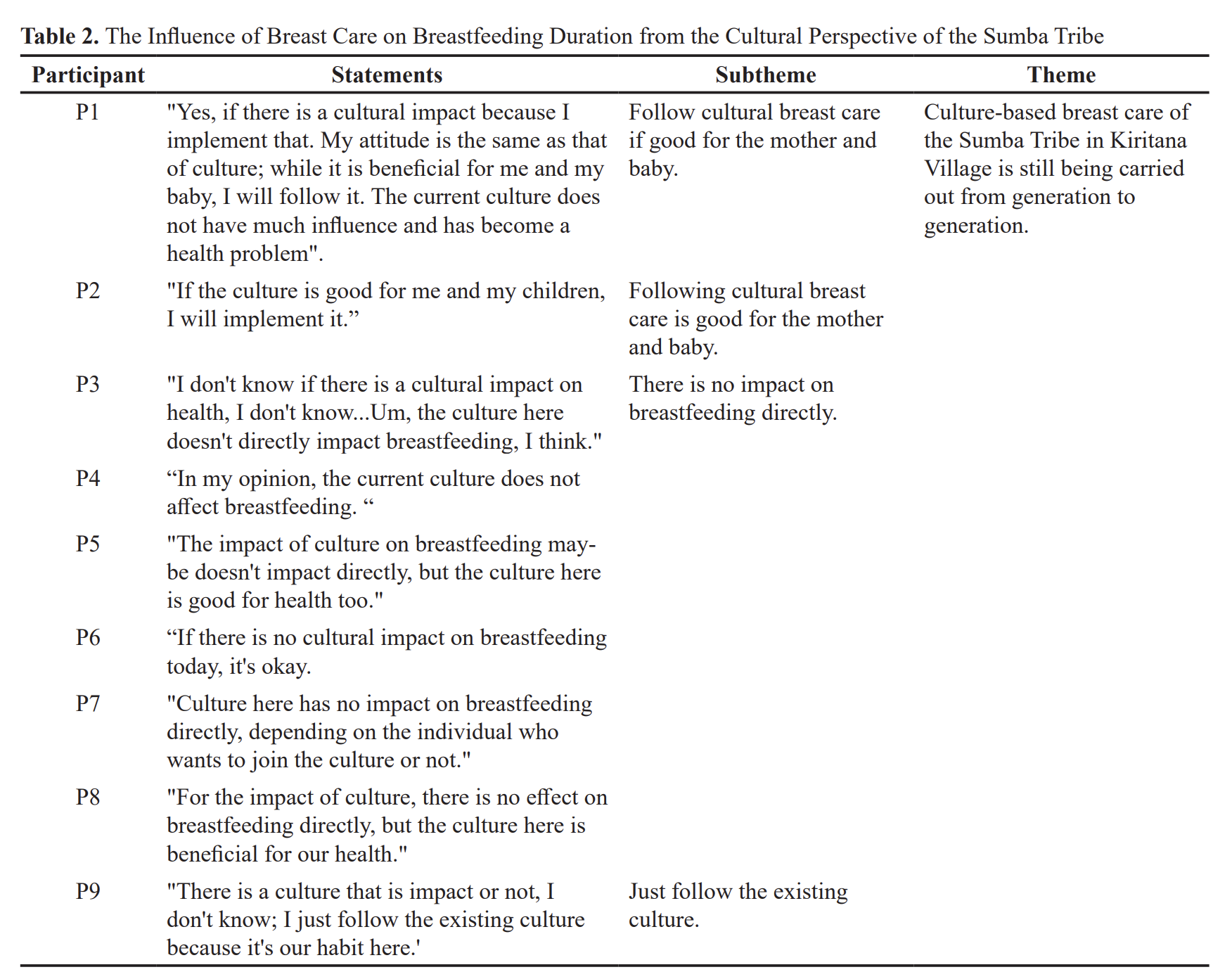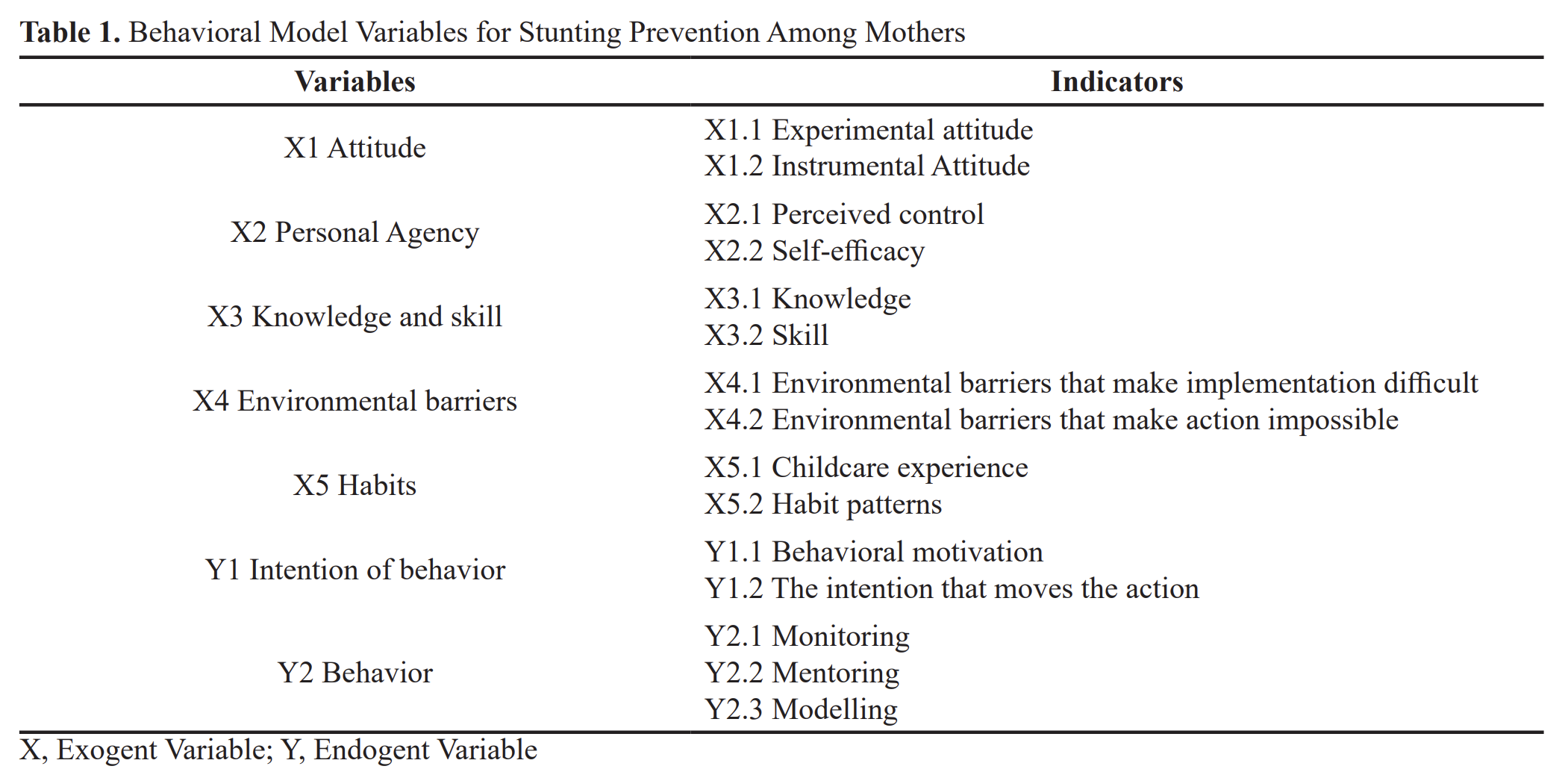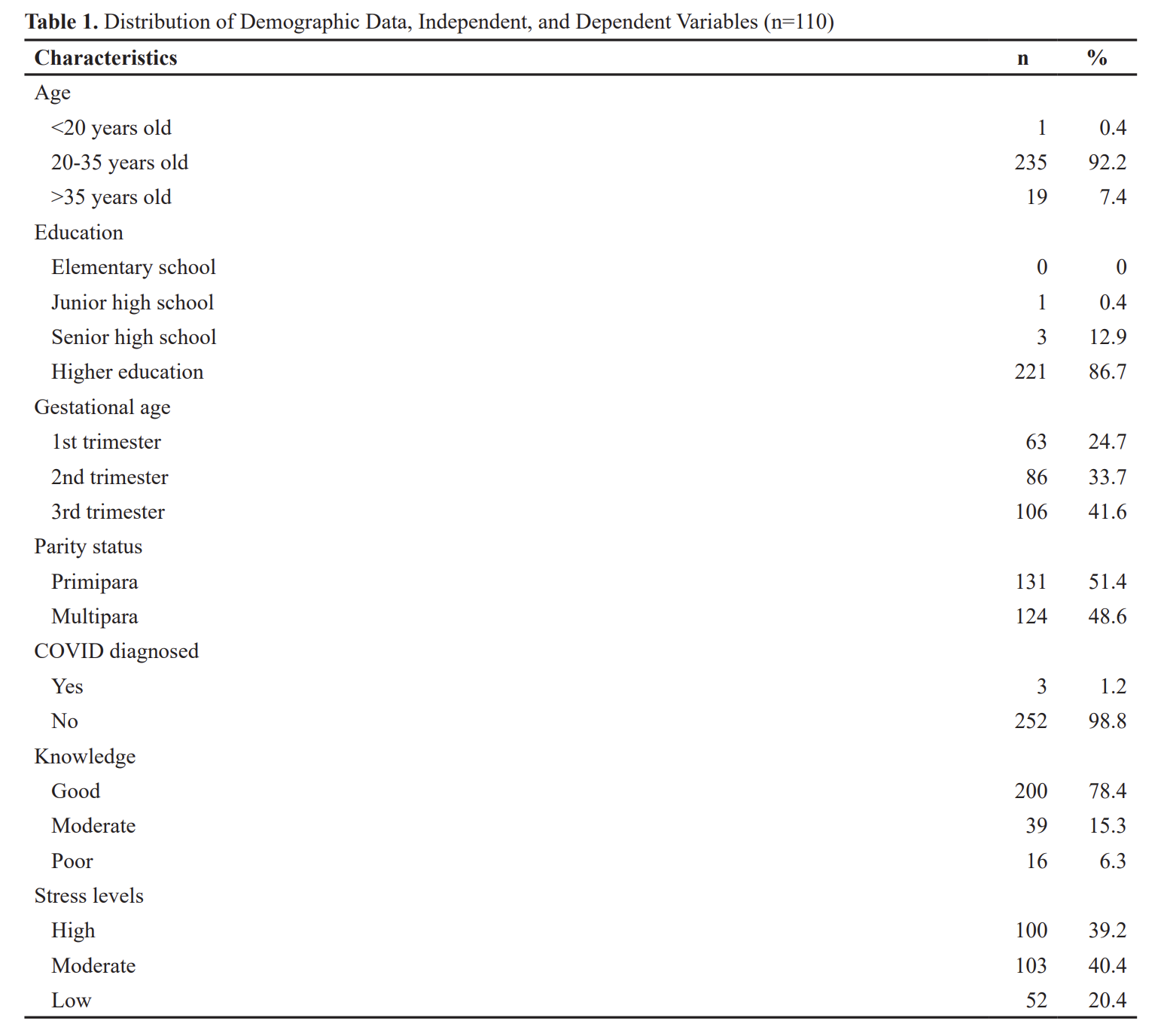Episiotomy-related perineal pain and breastfeeding self-efficacy among postpartum mothers

Downloads
Introduction: Episiotomy-related perineal pain may significantly impact breastfeeding self-efficacy, influencing new mothers' ability to successfully initiate and maintain breastfeeding. The aim of this study was to determine the relationship between MPQ-SF and postpartum BSES-SF scores.
Methods: This descriptive study was conducted at a maternity hospital in Istanbul and involved 208 volunteer mothers who had undergone an episiotomy during childbirth. Data were collected using a “Participant Information Form,” the “McGill Pain Questionnaire-Short Form,” the “Postpartum Breastfeeding Self-Efficacy Scale-Short Form,” and the “Visual Analogue Scale.” The data were analyzed using a statistical program, with significance set at P-value < 0.05.
Results: The average age of the mothers was 27.29 ± 5.88 years, with 44.7% experiencing their first childbirth. Severe perineal pain was reported by 9.1% of the mothers, and 35.6% indicated that this pain affected their ability to breastfeed. A significant relationship was found between perineal pain and both the McGill Pain Questionnaire score and breastfeeding self-efficacy score (P-value < 0.05). Additionally, there was a negative correlation between postpartum McGill Pain Questionnaire scores and postpartum breastfeeding self-efficacy scores (P-value < 0.05).
Conclusion: Postpartum perineal pain affected mothers' breastfeeding self-efficacy. It is recommended to take measures to reduce perineal pain that negatively affects mothers' breastfeeding.
Keywords: breastfeeding; episiotomy; perineal pain; postpartum; self-sufficiency
Copyright (c) 2024 Zümrüt Bilgin, Seda Küçükoğlu

This work is licensed under a Creative Commons Attribution 4.0 International License.
1. The journal allows the author to hold the copyright of the article without restrictions.
2. The journal allows the author(s) to retain publishing rights without restrictions.
3. The legal formal aspect of journal publication accessibility refers to Creative Commons Attribution (CC BY).

